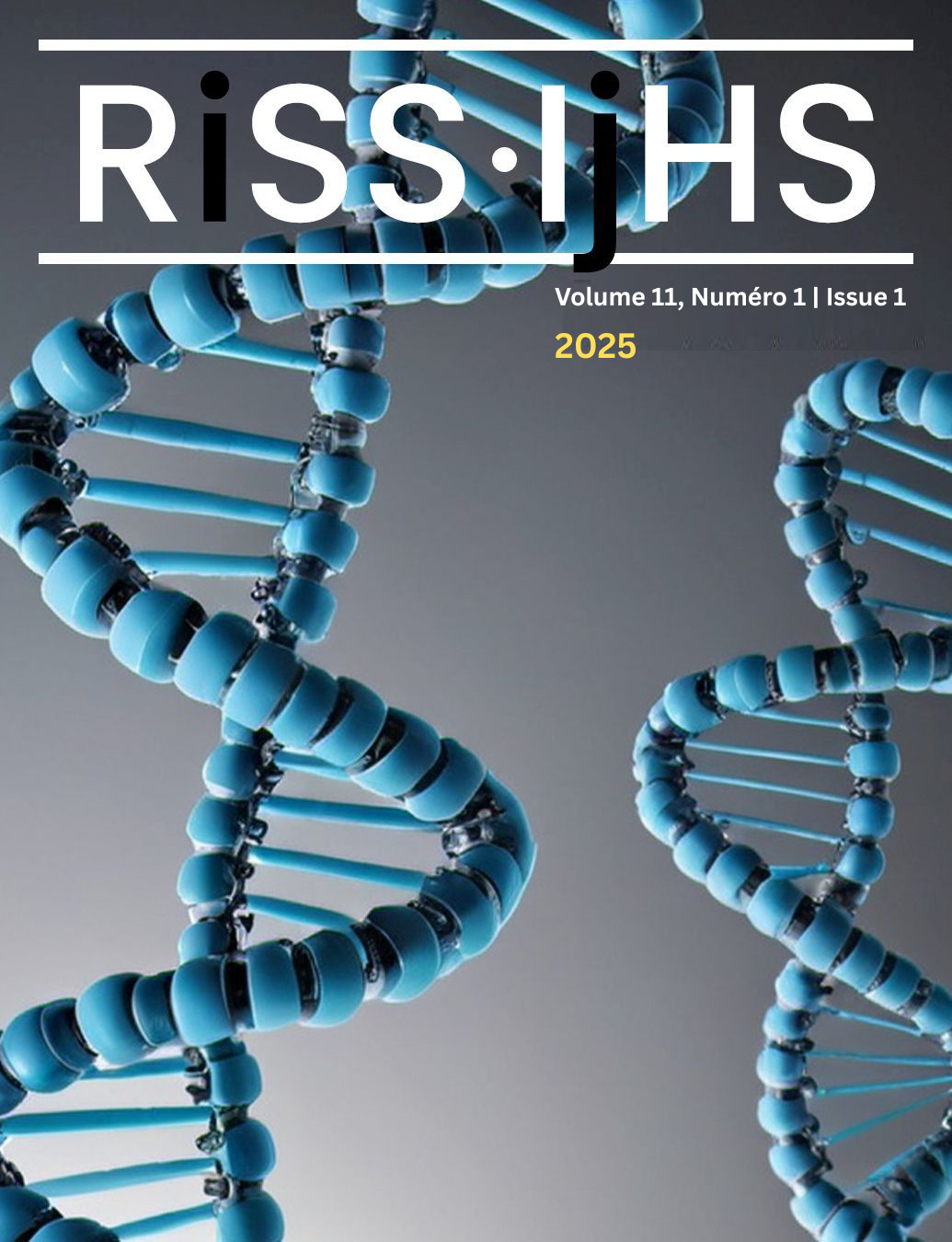Investigating the Influence of the Patient-Therapist Relationship on Adherence to Assistive Devices in Stroke Rehabilitation
DOI :
https://doi.org/10.18192/riss-ijhs.v11i1.7171Résumé
The patient therapist relationship (PTR) is a critical component of treatment delivery in health care settings. This construct has potential to inform treatment efficacy and adherence to assistive devices (ADs) in stroke rehabilitation. This study aimed to evaluate the significance of the PTR in promoting adherence to AD recommendations and identify barriers patients encounter in using ADs. Additionally, we investigated whether the Working Alliance Inventory-Short Revised (WAI-SR) questionnaire captured information about the PTR that could enhance adherence. Four therapists and four stroke patients participated in interviews centered on therapist roles, patient experiences, and approaches to enhance adherence. Therapists were asked to evaluate the WAI-SR’s ability to capture features of the PTR. Interviews were subject to thematic analysis. Therapists emphasized collaborative decision-making to enhance adherence, fostering trust and communication. Patients reported trusting their therapists, who played a major role in instilling confidence in AD use. Patient barriers included: stigma, education gaps, device design flaws, costs, and memory limitations. Insights from the WAI-SR provided valuable information on PTR dynamics, potentially enhancing adherence strategies. The findings suggest that the quality of the PTR significantly influences AD use. They offer insights into therapists' strategies for enhancing adherence, patients' barriers, and the WAI-SR’s potential.
Téléchargements
Publié-e
Numéro
Rubrique
Licence
© Ayah Rashwan, Jeffrey Jutai, Hillel Finestone 2025

Cette œuvre est sous licence Creative Commons Attribution 4.0 International.
- Tous les auteurs dont l’article est publié dans la RISS en conserveront les droits.
- Les auteurs accordent à la RISS le droit d’être la première à publier les articles qui lui sont soumis.
- Tous les articles publiés dans la RISS sont autorisés en vertu d’une licence Creative Commons Attribution à être circulé si les auteurs et la revue de la publication originale sont reconnus.
- La RISS est publiée en ligne et imprimée. La RISS n’est pas responsable de l’utilisation non autorisée du contenu publié sous forme électronique ou imprimée.
- La RISS retient les droits de distribution de tout le contenu.
- Les auteurs, et non la RISS, sont responsables d’avoir obtenu les permissions nécessaires concernant les travaux cités.


